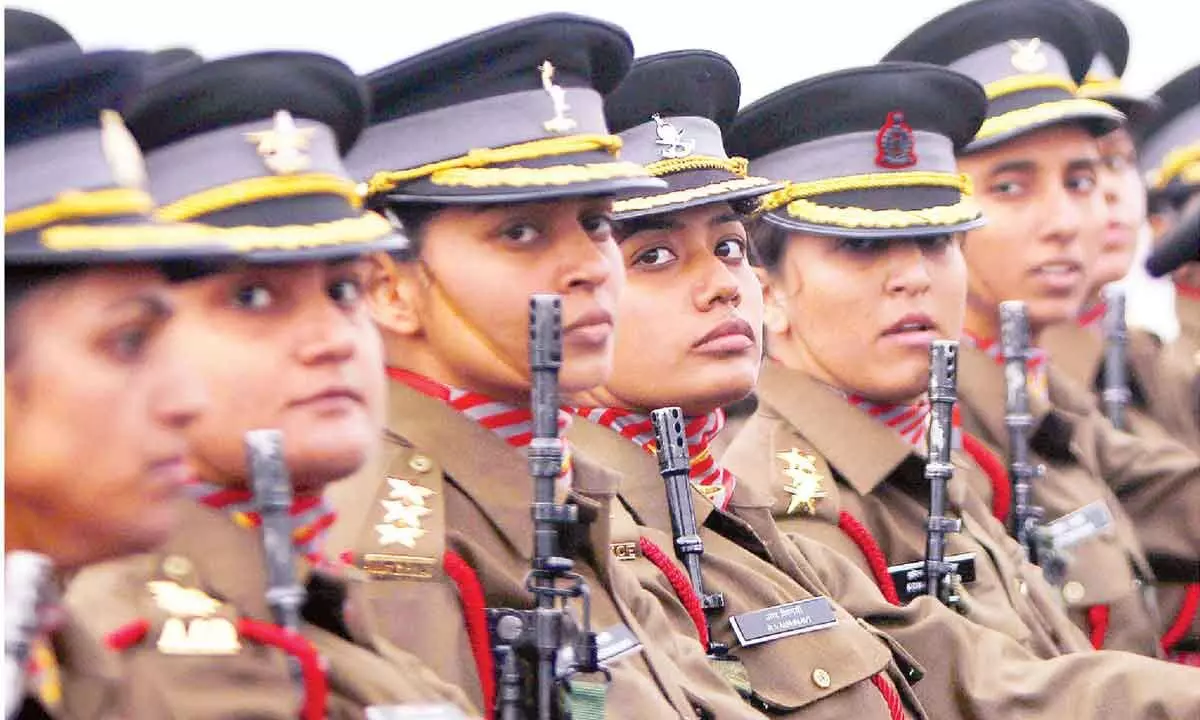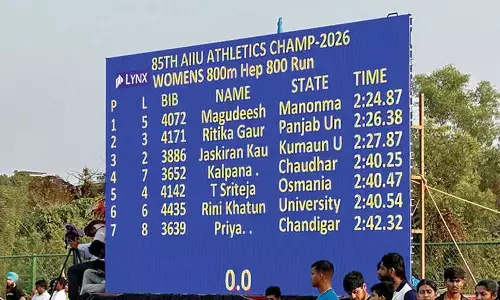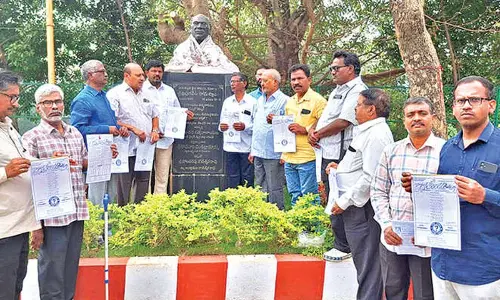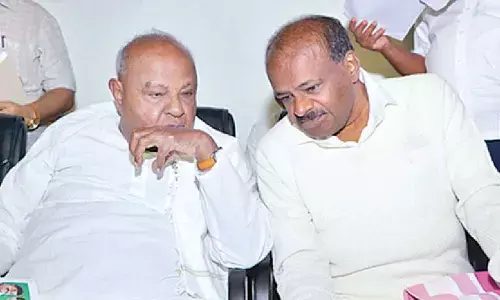Empowering women in military service

For decades, the Indian Armed Forces maintained a shocking belief that women were unfit for military service. The strict and outdated beliefs about their physical and mental weakness pushed women away from even the most elementary positions in the Army, let alone taking part in combat. This stereotype harboured negative impacts on women’s capabilities as they were viewed as weaker and unable to endure any aspect of military life. But let’s pause and reconsider this archaic thinking. Childbirth, one of the most physically and emotionally demanding experiences a person can endure, requires unimaginable strength and resilience. If women can withstand the immense pain and strain of childbirth, why is it assumed that they are too fragile for the military’s rigours?
For decades, the Indian Armed Forces maintained a shocking belief that women were unfit for military service. The strict and outdated beliefs about their physical and mental weakness pushed women away from even the most elementary positions in the Army, let alone taking part in combat. This stereotype harboured negative impacts on women’s capabilities as they were viewed as weaker and unable to endure any aspect of military life. But let’s pause and reconsider this archaic thinking. Childbirth, one of the most physically and emotionally demanding experiences a person can endure, requires unimaginable strength and resilience. If women can withstand the immense pain and strain of childbirth, why is it assumed that they are too fragile for the military’s rigours?
Shattering myths and breaking barriers
For many years, women were told they didn’t have the physical strength to join the military, limited by wrong stereotypes about their abilities. This belief continued to persist against the argument of women excelling in several fields that were robustly expected to be male-dominated, such as firefighting, law enforcement, and athletics. However, women have risen above expectations in all spheres and demonstrated that they not only have the required strength for battle but also the willpower and skills to serve in the military.
The actual dilemma is not whether women can meet the rigours of warfare but why the armed forces have insisted on these artificial limitations based on gender instead of individual capacity. There is a need to evaluate personnel not by their gender but by their capabilities and potential. Women have proven their worth in demanding and challenging fields. There is no doubt about their proven power, will, and preparedness to overcome any limitations imposed by preconceived notions.
Beyond stereotypes: Equal opportunity
Judging careers based on biological differences is outdated. Indian women have undoubtedly participated in crucial roles such as medical care and administration, but these roles also do not allow them to express their full potential. These types of roles are necessary but should not be the extent of their capacity. With adequate skill and infrastructure, women can perform well in almost every field, including combat. Women bring many traits, including emotional intelligence, leadership skills, and resilience, which enable them to be extremely useful in the armed forces. But these qualities should not be restricted to auxiliary forces. Letting women compete in all aspects of military life, from combat positions to the highest ranks, is not only correct; it is the right thing to do. Women’s inclusion in the armed forces will foster a more united and strengthened military, along with enabling a diversified perspective on the problems faced in the field.
Gender equality: Call of times
In the armed forces, true gender integration means allowing every person the same chance to perform based on ability and not on their sex. The time has come to do away with all existing gender-based role restrictions, including combat roles for women, on the basis of performance requirements such as merit, physical fitness, and skills. This change will guarantee, for the first time, that opportunities, training, and preparation, which have previously been male-oriented, are also provided to females. Women will be able to excel in areas that have typically been male-oriented thanks to a gender-neutral approach to hiring and training. This isn’t just about letting women into those roles but focusing on allowing women to be great in those roles. This is an attitude whose adoption is necessary at the very outset in the Indian Armed Forces if the aim is to build a culture where women and men have an equal chance to be given power, influence, and the ability to fight.
Appeal to remove stigma toward women in the Indian Army
It is reasonably safe to say that history has been repeating itself for women in warfare efforts. Women have had great leaders such as Rani Lakshmibai of Jhansi and Begum Hazrat Mahal of Awadh, and they have been able to command and fight for their people in times of distress. Even now, there are women who stand forward, not only for combat but also taking a greater role in all support services. Since 2020, when the Ministry of Defence opened doors for girls to join the national military school with 19 seats for the first time, we have produced the highest number of girl recommendations each year. They have adapted well to their rigorous training at NDA and are performing exceptionally in all arenas, including physical and mental toughness, proving second to none.
(The author, Shishir Dixit, is the Founder & Director, of Centurion Defense Academy.)

















